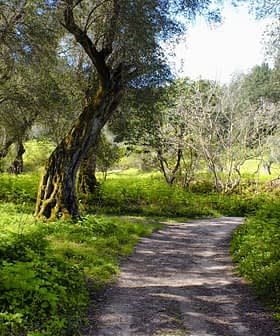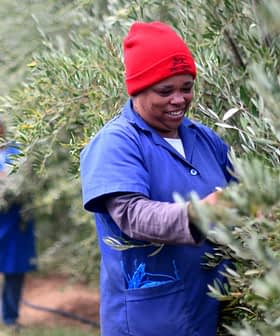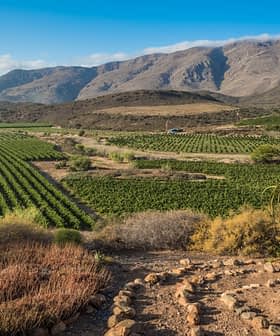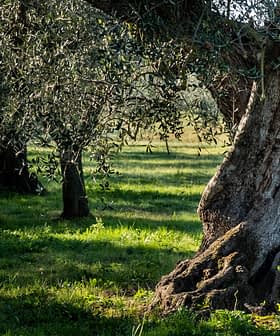The land dedicated to organic olive groves in Italy continued its expansion in 2023, increasing by 2.2 percent, or 6,142 hectares.
According to a new report published by the Italian Institute of Services for the Agricultural and Food Market (Ismea), 279,766 hectares of olive groves are now organically cultivated in the country, and an additional 64,000 hectares are being converted to organic.
Ismea estimated that organic olive grove cover has increased 65 percent from 170,067 hectares in the past decade.
See Also:U.S. Sees Significant Growth in Organic Olive Oil SalesThe organic conversion process follows the European Union regulations, which require at least three years, during which a certified organic agriculture approach is applied before a conventional olive grove formally receives organic status.
While most organic olive growing has historically occurred in southern Italy, a significant increase was reported in 2023 in the center and north of the country.
However, the area dedicated to organic olive farming decreased by 2,000 hectares in Puglia, the largest olive-producing region in Italy, falling to approximately 86,000 hectares.
See Also:Top-ranked organic olive oil brandsDespite this reduction, Puglia remains home to one-third of all organic olive groves in the country, partly due to the substantial expansion of organic olive farming in recent years.
The expansion of organic olive groves in 2023 was slightly below the national average for all Italian agriculture, with the total used agricultural surface dedicated to organic farming growing by 4.5 percent.
Ismea noted that 2023 marked the first year of the E.U.’s new Common Agricultural Policy, which supports farmers and improves agricultural productivity through subsidies and other programs.
The CAP, which will remain in force until 2027, is a critical driver in the shift to organic farming. It offers bonuses and special incentives to farmers who adopt more environmentally friendly practices.
According to Ismea, the new CAP’s administrative complexities and rising production costs in 2023 presented challenges for the Italian agricultural sector.
Despite these challenges, further exacerbated by frequent adverse weather events, Italy’s organic farming surface area expanded to 2.5 million hectares.
Ismea noted that this expansion brought the national used agricultural surface area close to 20 percent, approaching the E.U.’s Farm-to-Fork policy goal of 25 percent.
Commenting on the report, FederBIO, an association of organic producers, indicated that the number of food companies operating under organic protocols in Italy in 2023 increased by 1.8 percent, most of which were organic farms.
The association also highlighted a 5.2 percent growth in organic food sales in 2023, reaching a total turnover of €3.8 billion. However, this growth is attributed more to higher prices than increased sales volumes.
“ISMEA data show a continuous growth for organic production, even if it slightly slowed down as a consequence of the environmental, climatic and social crises,” FederBIO president Maria Grazia Mammuccini said.
“The climate crisis impacts all of agriculture, leading to a reduction in production,” she added. “Even if organic farming is the most resilient agricultural model to climate emergencies, I consider it necessary to focus on training and technical assistance to support farmers and invest in agroecology innovation and research.”
“This will provide increasingly effective tools to counter climate change, restore degraded habitats, and simultaneously increase biodiversity and soil fertility,” Mammuccini concluded.









